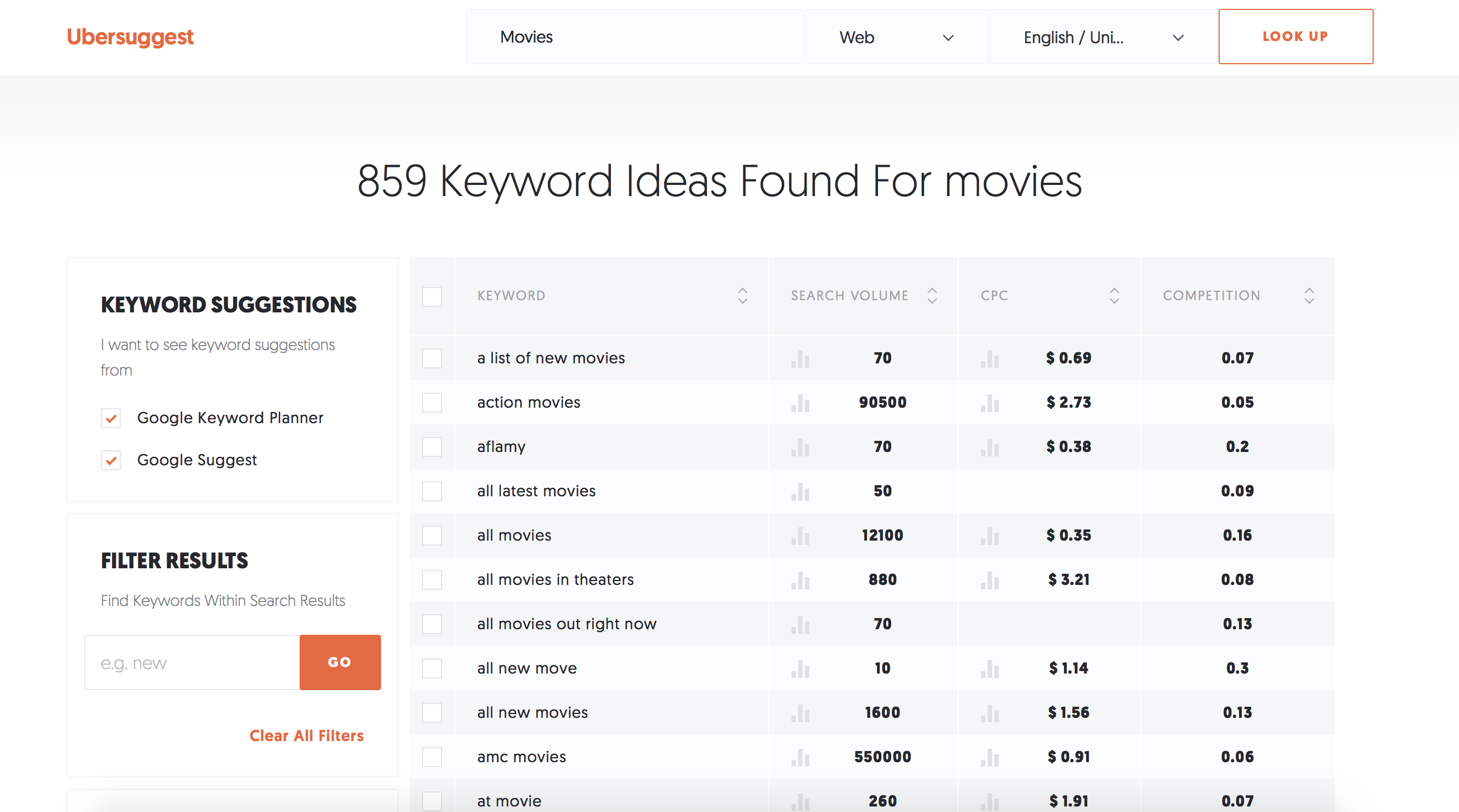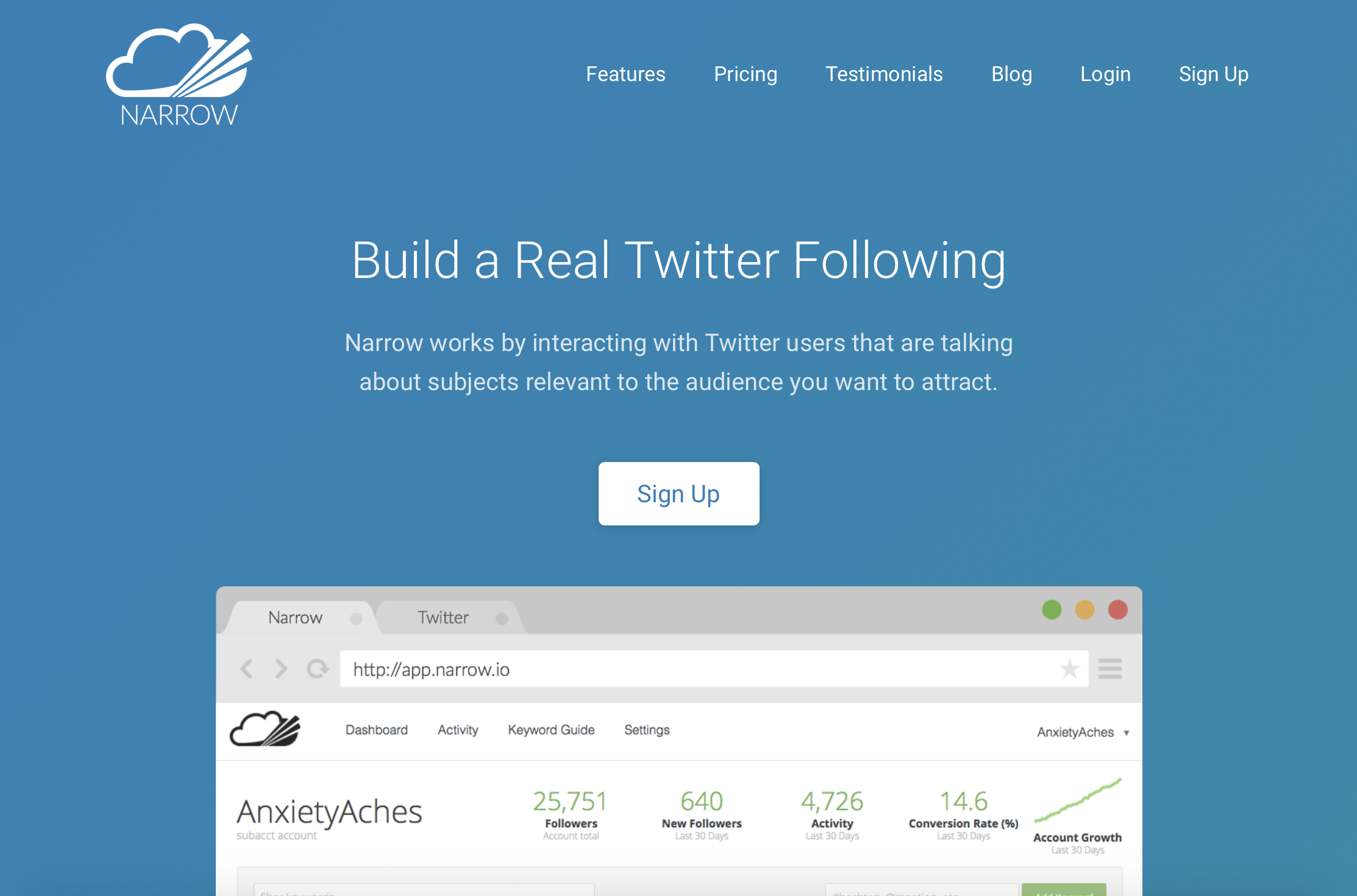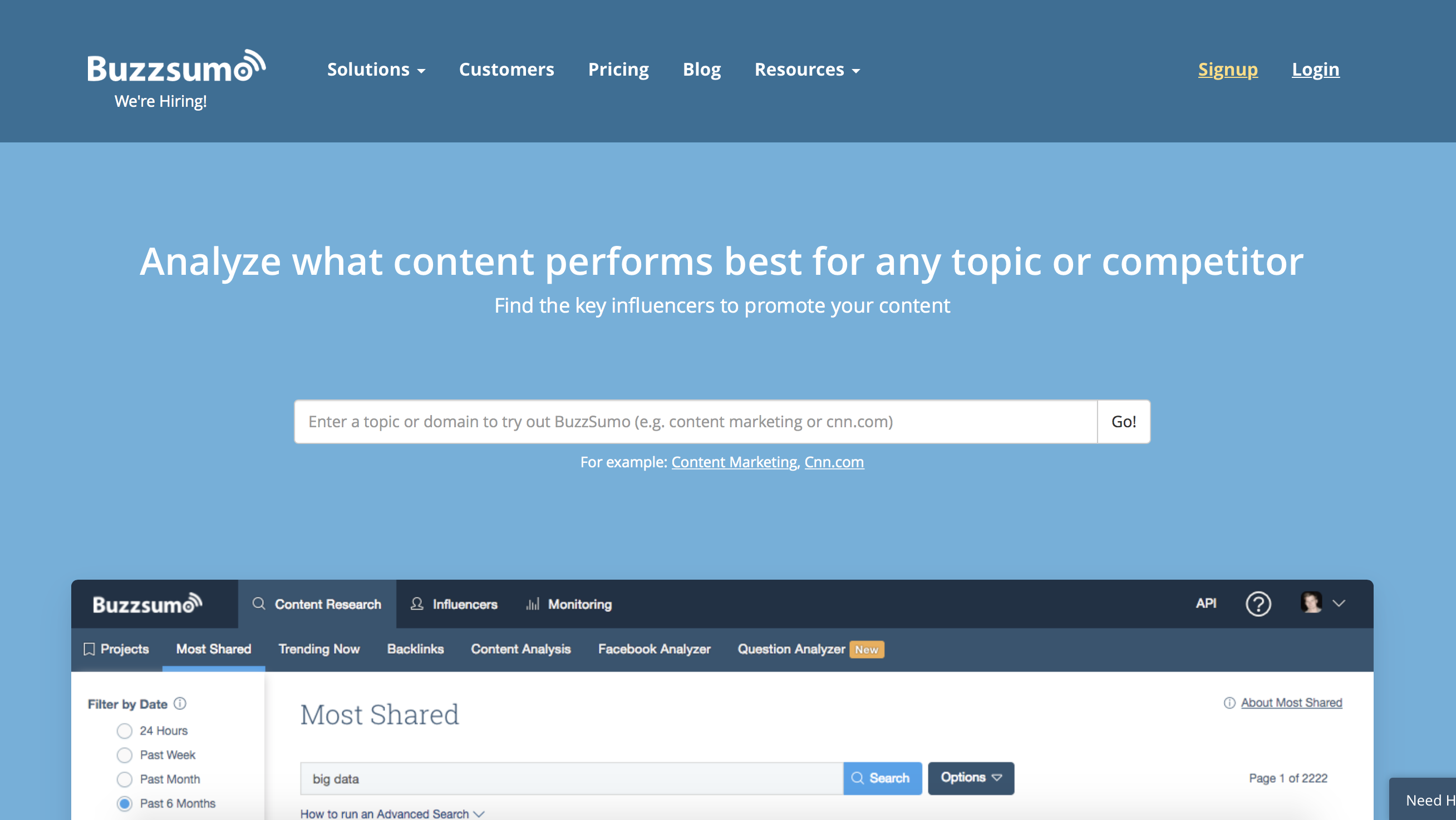Modern day businesses must have a strong online marketing strategy to survive. However, online marketing can be very challenging, especially if you are a small business with a limited budget. The good news is that there are numerous free/affordable tools that can boost your strategy.
Here are 5 must-have tools for online marketers:
1. UberSuggest

Keyword research is an essential element of search engine optimization (SEO) and paid per click (PPC) strategy. Using the right keywords in your content will enhance your search ranking and attract more traffic to your site. UberSuggest is a free-to-use keyword suggestion tool that can be very useful for brainstorming keywords in your niche. It also displays keyword suggestions from Google Suggest and Google Keyword Planner. The results will reveal how expensive each keyword is, how difficult it is to rank organically and which competitors are ranking for the same keyword. This will help you decide if a specific keyword is worth targeting.
2. HootSuite

Social media plays a major role in the success of any online marketing strategy. HootSuite is one of the most effective tools for social media marketing. It allows users to schedule and manage posts to platforms such as Instagram, Google+, LinkedIn, Twitter and Facebook. All this is done within the HootSuite dashboard, thus saving you the trouble of signing in to each individual platform. Premium account users get access to advanced features for security, team collaboration, audience engagement and social analytics.
3. Google Analytics

Google Analytics is a very useful tool for monitoring the performance of a website. Once you’ve added the Analytics code to your site, you will then be able to keep track of your sources of traffic, choose goals for your website, analyze audience demographics and create custom reports. If you realize certain keywords are attracting lots of traffic to your site, you could focus on the same keywords when creating content in future. In case the source of traffic is a specific social media campaign, it would be advisable to replicate the same campaign to capture similar results. Google Analytics comes with great features such as event tracking, channel grouping, calculated metrics, custom alerts, attribution, real-time reporting, and annotations.
4. Narrow.io

Narrow.io is a marketing automation tool that allows you to engage with Twitter users that are discussing topics relevant to your target audience. It comes with a simple dashboard where you can set your targeting criteria using locations, hashtags, and keywords. For example, if you want to attract followers interested in online marketing, you could use the phrase ‘Neil Patel’. Using your targeting criteria, Narrow automatically follows accounts and favorites tweets on your behalf. If these accounts do not follow you back within 24 hours, Narrow automatically unfollows and unfavorites for you. The downside of this tool is that it doesn’t give you much control over your audience. As a result, you are likely to end up with some followers that are not valuable to your business.
5. BuzzSumo

BuzzSumo is a tool that allows users to see what topics have been trending on social media in the past months. All you need to do is type in a relevant term and click on ‘search’. The results will reveal the posts have been shared most of the leading social media networks. This will give you an idea of what kind of topics would resonate with your audience. The advanced search feature allows you to exclude words from a query, find an exact phrase, find content using author name and search by domain or URL. BuzzSumo will also help you find influencers that can share your content.









